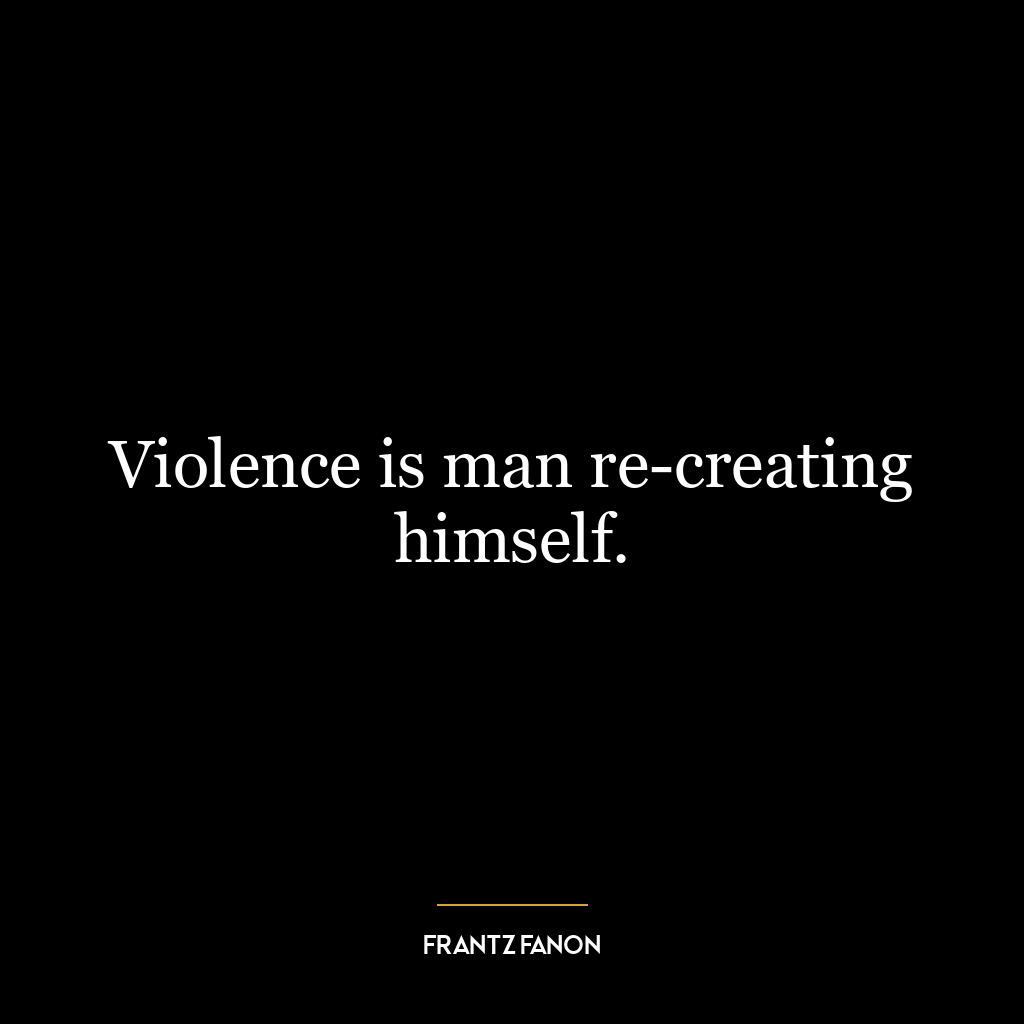Robert Jay Lifton Quotes
- Psychiatrist
- USA
- 1926
Robert Jay Lifton is an American psychiatrist and author known for his studies on the psychological effects of war and political violence. He is best known for his theory of thought reform, which explores how individuals can be manipulated and controlled through psychological techniques. Lifton has…Read More
Robert Jay Lifton is an American psychiatrist and author known for his studies on the psychological effects of war and political violence. He is best known for his theory of thought reform, which explores how individuals can be manipulated and controlled through psychological techniques. Lifton has conducted extensive research on the impact of nuclear weapons and has written several books on the subject, including “Death in Life: Survivors of Hiroshima” and “The Nazi Doctors: Medical Killing and the Psychology of Genocide.” He has also studied the psychological effects of the Vietnam War and the Holocaust, and has written about the concept of “totalism” in authoritarian regimes. Lifton’s work has been influential in the fields of psychology, sociology, and political science, and he has received numerous awards for his contributions to understanding the human mind in extreme situations.Read Less
Robert Jay Lifton is an American psychiatrist and author known for his studies on the psychological effects of war and political violence. He is best known for his theory of thought reform, which explores how individuals can be manipulated and controlled through psychological techniques. Lifton has conducted extensive research on the impact of nuclear weapons and has written several books on the subject, including “Death in Life: Survivors of Hiroshima” and “The Nazi Doctors: Medical Killing and the Psychology of Genocide.” He has also studied the psychological effects of the Vietnam War and the Holocaust, and has written about the concept of “totalism” in authoritarian regimes. Lifton’s work has been influential in the fields of psychology, sociology, and political science, and he has received numerous awards for his contributions to understanding the human mind in extreme situations.
Robert Jay Lifton Career Highlights
- Lifton received his medical degree from New York Medical College in 1948 and went on to complete his psychiatric training at the Downstate Medical Center in Brooklyn.
- In the 1950s, he served as a psychiatrist in the US Air Force and conducted research on the psychological effects of nuclear war.
- In the 1960s, Lifton became a professor of psychiatry at Yale University and began his groundbreaking research on the psychological effects of war and political violence.
- In 1967, he published his seminal work, “Death in Life: Survivors of Hiroshima,” which explored the psychological impact of the atomic bombing on the survivors of Hiroshima.
- In the 1970s, Lifton conducted extensive research on the psychological effects of the Vietnam War, which resulted in his book “Home from the War: Vietnam Veterans, Neither Victims nor Executioners.”
- In the 1980s, he expanded his research to include the psychological effects of the Holocaust, resulting in his book “The Nazi Doctors: Medical Killing and the Psychology of Genocide.”
- In the 1990s, Lifton focused on the psychological impact of the nuclear age and published “The Protean Self: Human Resilience in an Age of Fragmentation.”
- In 2000, he received the Lifetime Achievement Award from the International Society of Political Psychology for his contributions to the field.
- In 2014, Lifton was awarded the Oskar Pfister Award for his significant contributions to the field of religion and psychiatry.
Key Contributions by Robert Jay Lifton
- Lifton’s research on the psychological effects of war and political violence has been groundbreaking and has shed light on the long-term impact of trauma on individuals and societies.
- He coined the term “thought reform” to describe the psychological manipulation and control techniques used in totalitarian regimes.
- Lifton’s work on the psychological effects of the Holocaust has been instrumental in understanding the role of doctors and other professionals in perpetrating genocide.
- He has also made significant contributions to the field of psychohistory, which explores the psychological motivations behind historical events.
- Lifton’s research has influenced fields beyond psychology, including sociology, anthropology, and political science.
What Sets Robert Jay Lifton Apart
- Lifton’s work is characterized by his interdisciplinary approach, drawing on insights from psychology, sociology, and history to understand complex human behavior.
- He has a unique ability to combine rigorous research with compelling storytelling, making his work accessible to a wide audience.
- Lifton’s research has often been controversial, challenging conventional wisdom and pushing the boundaries of traditional psychological theories.
- He has also been a vocal advocate for social justice and has used his research to shed light on the psychological impact of war, violence, and oppression.
Takeaways
- Lifton’s work has had a profound impact on our understanding of the psychological effects of war, political violence, and genocide.
- His interdisciplinary approach and ability to bridge the gap between academia and the general public have made his work highly influential.
- Lifton’s research serves as a reminder of the importance of understanding the psychological impact of traumatic events and the role of professionals in perpetrating or preventing them.
- His work continues to inspire future generations of researchers and activists to use psychology as a tool for promoting social justice and understanding the human experience.






